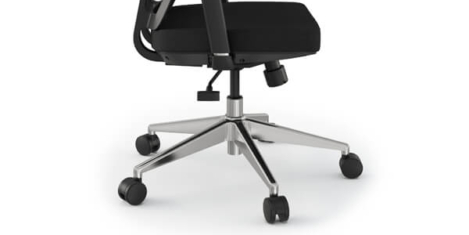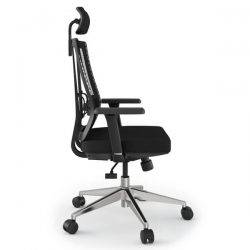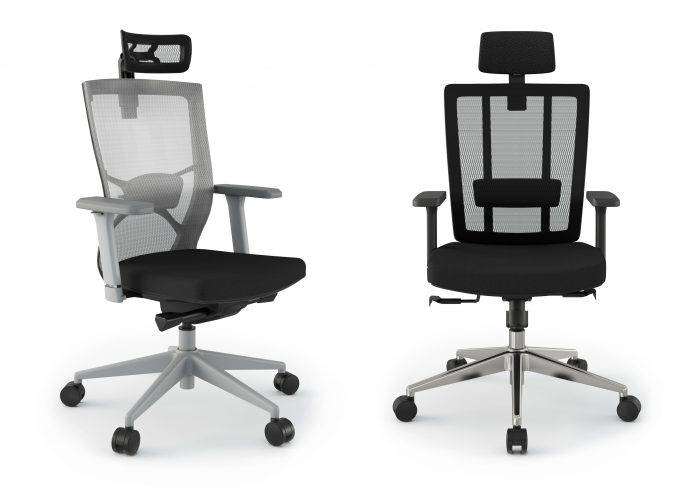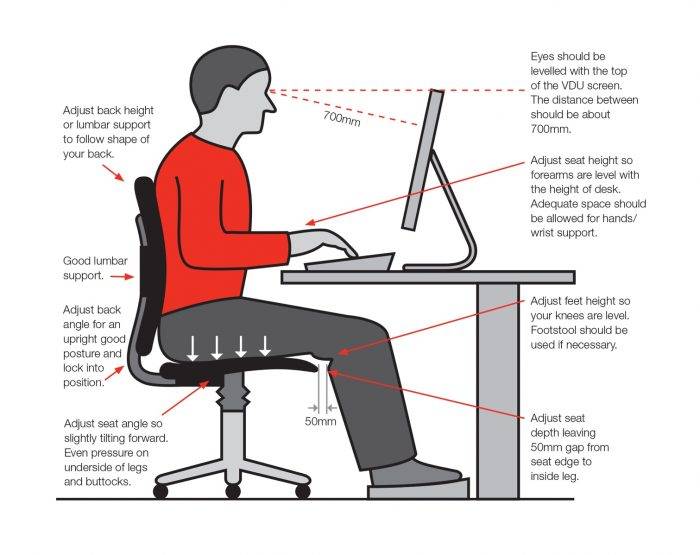To provide the best experiences, we use technologies like cookies to store and/or access device information. Consenting to these technologies will allow us to process data such as browsing behaviour or unique IDs on this site. Not consenting or withdrawing consent, may adversely affect certain features and functions.
The technical storage or access is strictly necessary for the legitimate purpose of enabling the use of a specific service explicitly requested by the subscriber or user, or for the sole purpose of carrying out the transmission of a communication over an electronic communications network.
The technical storage or access is necessary for the legitimate purpose of storing preferences that are not requested by the subscriber or user.
The technical storage or access that is used exclusively for statistical purposes.
The technical storage or access that is used exclusively for anonymous statistical purposes. Without a subpoena, voluntary compliance on the part of your Internet Service Provider, or additional records from a third party, information stored or retrieved for this purpose alone cannot usually be used to identify you.
The technical storage or access is required to create user profiles to send advertising, or to track the user on a website or across several websites for similar marketing purposes.
 Workers continued use of unapproved apps in the office, including Instagram, Facebook Messenger and Snapchat, to communicate with colleagues as well as friends and family is putting their organisations at risk of cyber-attack, new research suggests. Four in ten employees (41 percent) admit to using Instagram for more than two hours each day, despite the app being banned in almost half of UK organisations. The majority of employees are well aware that certain apps are not approved for workplace use, but this hasn’t stopped them breaking the rules.
Workers continued use of unapproved apps in the office, including Instagram, Facebook Messenger and Snapchat, to communicate with colleagues as well as friends and family is putting their organisations at risk of cyber-attack, new research suggests. Four in ten employees (41 percent) admit to using Instagram for more than two hours each day, despite the app being banned in almost half of UK organisations. The majority of employees are well aware that certain apps are not approved for workplace use, but this hasn’t stopped them breaking the rules.










 More than three quarters (79 percent) of UK workers admit to forcing themselves to go in to work despite feeling ill, two thirds (66 percent) still go to work when suffering from a cold or flu and over a fifth (22 percent) when suffering from stress, or an emotional crisis. Perhaps this is due to two fifths (40 percent) feeling their boss did not believe they were genuinely ill when they have previously taken a sick day. For those who are brave enough to bite the bullet and call in unwell, more than two thirds (67 percent) said they feel guilty for taking time off work due to illness, or health related issues. This could explain why so many are reluctant to speak to their employer about their health and wellbeing. Nearly a third (30 percent) admitted they are too scared to talk to their boss about needing time off for a health-related issue, whilst almost three quarters (72 percent) say there are times their current employer does not do enough to look after their physical and mental wellbeing.
More than three quarters (79 percent) of UK workers admit to forcing themselves to go in to work despite feeling ill, two thirds (66 percent) still go to work when suffering from a cold or flu and over a fifth (22 percent) when suffering from stress, or an emotional crisis. Perhaps this is due to two fifths (40 percent) feeling their boss did not believe they were genuinely ill when they have previously taken a sick day. For those who are brave enough to bite the bullet and call in unwell, more than two thirds (67 percent) said they feel guilty for taking time off work due to illness, or health related issues. This could explain why so many are reluctant to speak to their employer about their health and wellbeing. Nearly a third (30 percent) admitted they are too scared to talk to their boss about needing time off for a health-related issue, whilst almost three quarters (72 percent) say there are times their current employer does not do enough to look after their physical and mental wellbeing. 


 This year is set to be a ‘buyers’ market’ for the UK’s top professionals, as the nation’s war for talent intensifies. This is according to new research from Robert Half UK, which found that nearly a third (32 percent) of those surveyed believe their skillset will be more desirable over the coming months – even against the current economic and political climate – as the supply/demand imbalance of the UK’s top talent heightens. The current skills in demand include data analysis and digital skills, as well as softer skills such as adaptability, resilience and critical thinking to help complement the evolution of the workplace.
This year is set to be a ‘buyers’ market’ for the UK’s top professionals, as the nation’s war for talent intensifies. This is according to new research from Robert Half UK, which found that nearly a third (32 percent) of those surveyed believe their skillset will be more desirable over the coming months – even against the current economic and political climate – as the supply/demand imbalance of the UK’s top talent heightens. The current skills in demand include data analysis and digital skills, as well as softer skills such as adaptability, resilience and critical thinking to help complement the evolution of the workplace. 

















January 25, 2019
The state of the workplace right now? Everywhere and nowhere, baby 0
by Paul Carder • Comment, Facilities management, Features, Premium Content, Property, Workplace design
(more…)